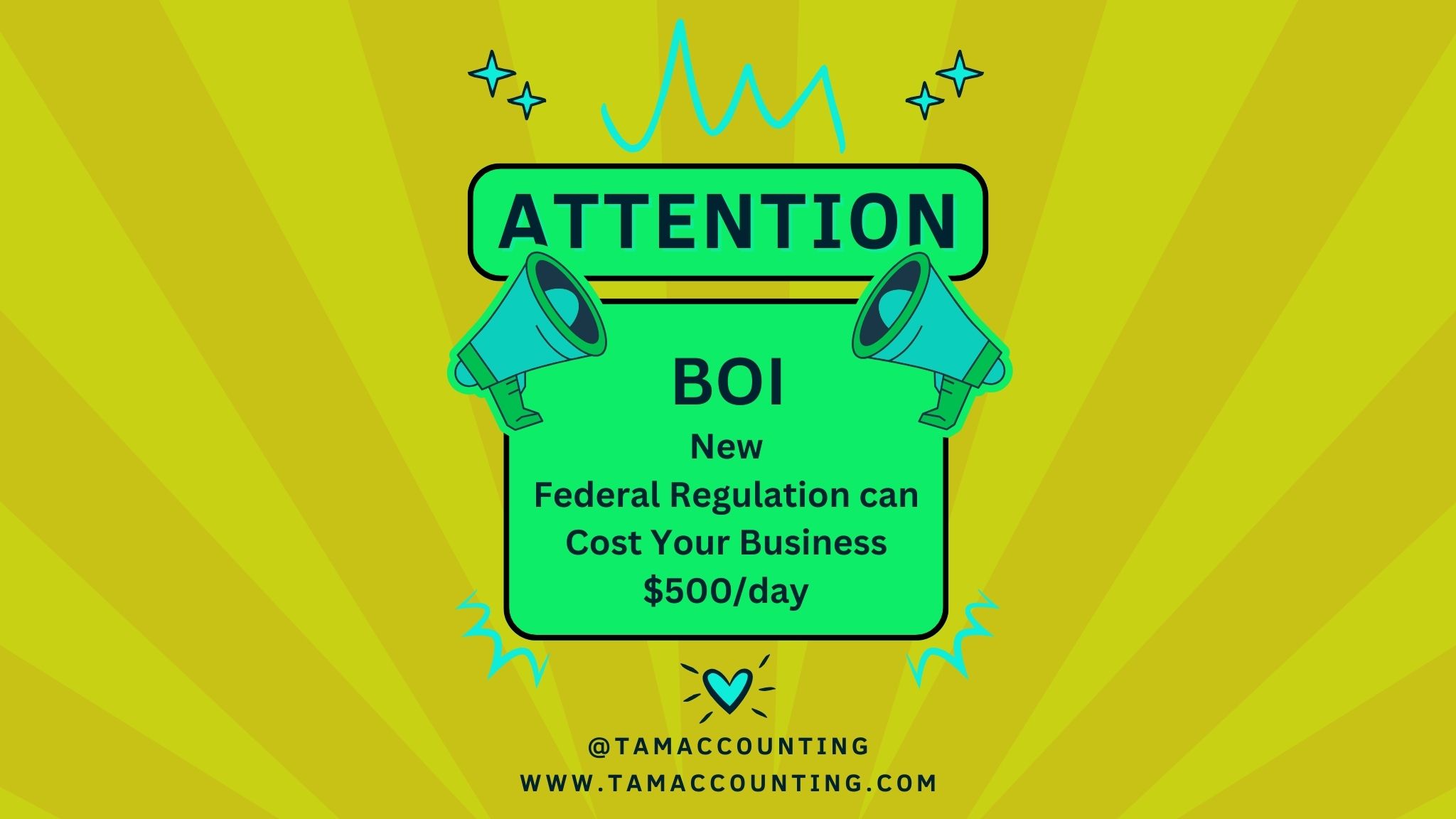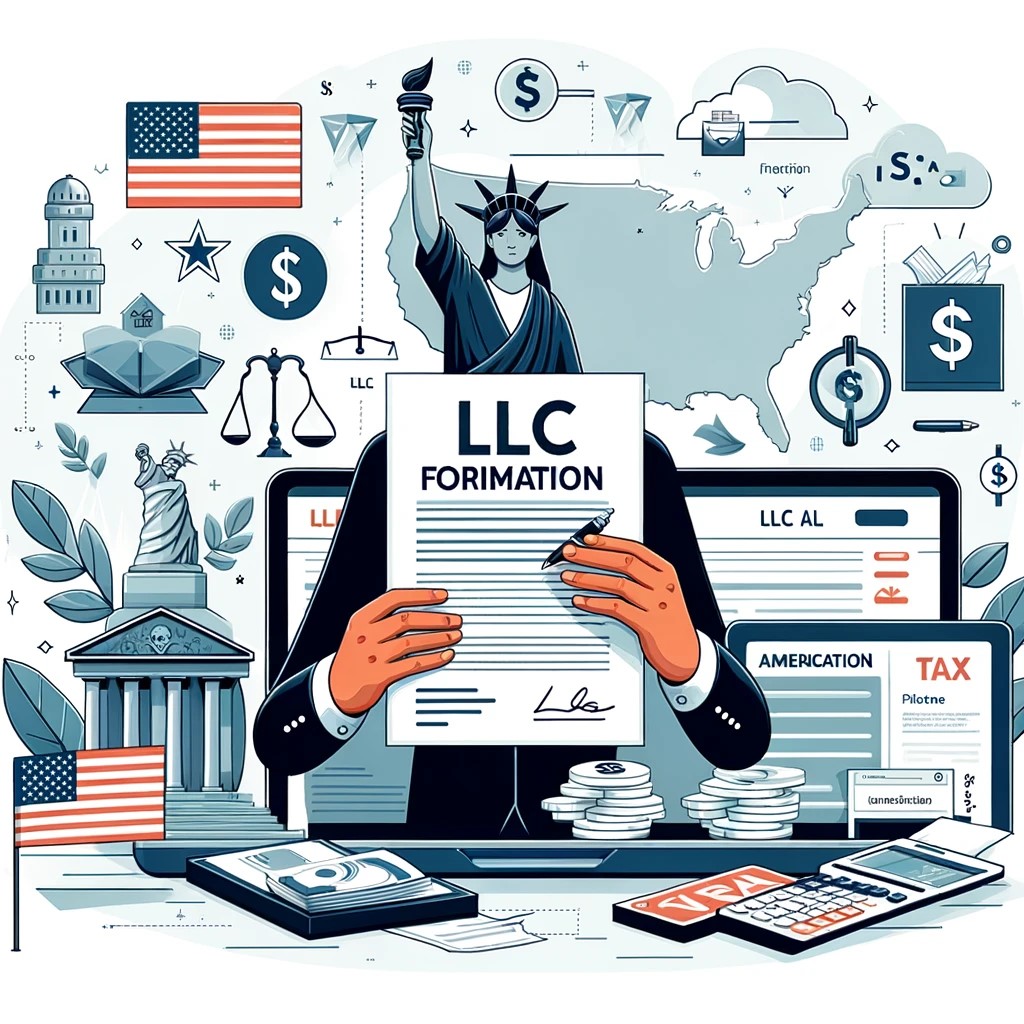

The introduction of the Beneficial Ownership Information (“BOI”) reporting as a federal law mandate is set to affect over 30 million businesses starting from January 1, 2024. This requirement applies to any company, whether based in the U.S. or abroad, that is established through documentation filed with a state's secretary of state or a similar office. This mandate is unique in its focus on small businesses.
Small business owners should be aware that their enterprises might fall under the scope of BOI reporting. Instead of being managed through the IRS, these reports need to be submitted to the Financial Crimes Enforcement Network (FinCEN), which is part of the Department of Treasury. Noncompliance can lead to serious repercussions, including both criminal and civil liabilities, with fines of $500 each day and up to $10,000, as well as the possibility of two years in prison.
Under these new regulations, businesses required to comply, known as “reporting companies,” are obligated to disclose information regarding (1) the individuals who ultimately own the business and (2) potentially, the individuals who have formally engaged with government bodies to establish or register the business for operations (“company applicants”).
Further details and clarifications on BOI reporting can be found in the subsequent questions and answers section.
Who is a beneficial owner?
A "beneficial owner" refers to a person who, whether through direct or indirect means, holds significant influence over a reporting company or possesses a minimum of 25% of the company's ownership stakes. This includes (1) having substantial control over the company's operations, or (2) owning or having authority over at least a quarter of the company’s ownership shares. To gain a deeper understanding of what constitutes a "beneficial owner," including the definitions of "substantial control" and "ownership interest," it's advisable to consult the Frequently Asked Questions ("FAQs") provided by FinCEN. These FAQs can be accessed at FinCEN's BOI FAQs page.
Who is a company applicant?
Initially, the requirement to disclose company applicants applies solely to reporting companies that are established or registered from January 1, 2024, onwards. A company applicant can be one of up to two people: (1) the person who directly submits the formation or registration documents of the company, and (2) in instances where multiple individuals are involved in the submission, the person mainly responsible for overseeing or managing the filing process. Frequently, the role of a company applicant is fulfilled by a legal professional, a law firm, or a company specializing in entity formation.
What type of information must be reported?
A reporting company is obligated to provide specific details about its beneficial owners and company applicants, which include the person's full name, birth date, residential address, and a unique identification number from a valid ID document, like a passport or a U.S. driver's license. Additionally, the name of the issuing authority or jurisdiction for this identification must be included, along with a photocopy of the ID document.
Moreover, the BOI reports should encompass the legal name of the reporting company, any business names it operates under, the principal business address, the jurisdiction where it was formed or registered, and its tax identification number.
When do I have to report this information?
The deadlines for filing BOI reports depend on when the reporting company was created. The following chart illustrates the filing deadlines. Note that organizations formed in 2024 have only ninety (90) days to file their BOI report.
| Creation or Registration Date of Company | Filing Deadline |
|---|---|
| On or after January 1, 2024, but before January 1, 2025 | Within 90 days of creation or registration |
| Before January 1, 2024 | Before January 1, 2025 |
| On or after January 1, 2025 | Within 30 days of creation or registration |
What if there is a change in the information reported?
Should there be any modifications in the data previously reported regarding the company or its beneficial owners, it is mandatory to submit a revised report within 30 days following the date on which the change occurred. Similarly, in the event of any inaccuracies in a BOI report, the company is required to rectify these errors within 30 days of becoming aware of them or having sufficient reason to suspect their existence.
What are the penalties for not filing?
Every business must submit a Beneficial Ownership Information Report, detailing all individuals with control or ownership in the business. However, if a beneficial owner deliberately neglects the reporting obligations or provides misleading information to the Financial Crimes Enforcement Network, they will be held personally liable under the Corporate Transparency Act. This can result in both criminal and civil consequences.
Noncompliance can lead to criminal charges, including up to two years of imprisonment and/or fines reaching $10,000, as well as a civil fine of $500 for each day of noncompliance.
Furthermore, even timely filed reports can attract penalties if they contain incorrect information. Ensuring the accuracy of the reporting company's submission is essential. Our services include a streamlined reporting and filing process to help your company meet these legal requirements accurately.
Is there an annual requirement to file a BOI report?
No. There is no annual reporting requirement. Reporting companies must file an initial BOI report and correct or update BOI reports as needed.
How are LLCs impacted by the Beneficial Ownership Information Reporting Rule?
Owners of a Limited Liability Company (LLC), including both single-member and multi-member LLCs, are required to submit a new report to the federal agency. This report must include essential contact details about the company and its owners, who are referred to as members.
Does every company have to file, or are there exemptions?
There are 23 categories of organizations that are not required to comply with BOI reporting. These exemptions cover entities such as publicly traded companies that meet specific criteria, numerous non-profit organizations, and those qualifying as a "large operating company." Typically, a large operating company is defined as an entity with over 20 full-time employees in the United States, a physical office within the country, and having filed a U.S. federal income tax or information return in the previous year with gross receipts or sales exceeding $5,000,000. Additional details about these exemptions can be found in FinCEN's Frequently Asked Questions.
Who will have access to the BOI reports filed with FinCEN?
Officials at the federal, state, local, and tribal levels, along with designated foreign officials who request a U.S. government agency, will be granted access to BOI for sanctioned activities related to national security, intelligence, and law enforcement. In specific situations, financial institutions may also be allowed to access BOI, provided they have the reporting company's approval. The BOI information submitted to FinCEN will be kept in a confidential and secure database that is not open to the public.






